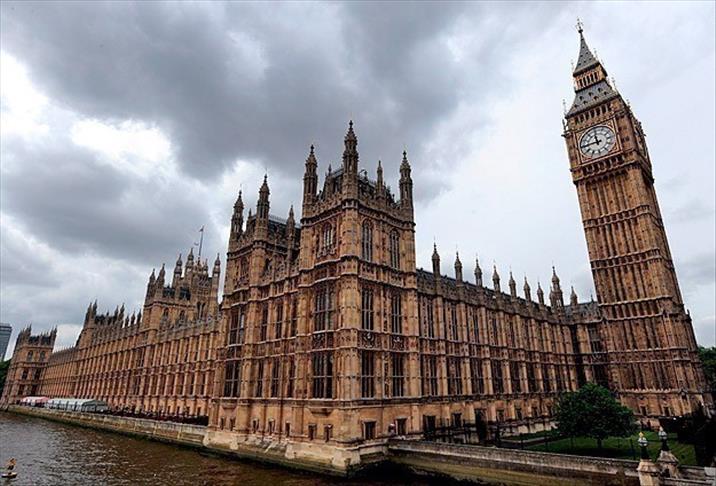Only about one percent of 46,000 people were stopped under Schedule 7 powers were arrested, according to UK government statistics

LONDON
Government figures reveal that only about one percent of people questioned under powers that allow police to stop individuals at ports were detained in 2013.
More than 46,000 people were stopped at Britain’s ports under Schedule 7 powers, which deem a refusal to answer police officers’ questions a criminal offence, according to figures published by the Home Office on Thursday.
The same power was used to stop and detain journalist Glenn Greenwald’s partner David Miranda for nine hours at Heathrow airport.
The figures reveal that the stops only resulted in 1.19 percent of people being detained, and out of those only two people were convicted – or 0.0043 percent of those stopped.
The London-based Islamic Human Rights Commission expressed “grave concern about the ethnic makeup of those examined and detained,” adding: “It is clear that non-whites are disproportionately and unnecessarily targeted by officers with the power to stop and search under Schedule 7.”
According to the figures, 55 percent of those stopped under schedule 7 were non-white, while they make up 14 percent of the population.
However, out of those detained under the power, 82 percent were non-white.
However, the number of individuals stopped under the power has dropped by 23 percent.
‘Indiscriminate power’
Their religious background is not currently recorded, but rights organizations have argued that Muslims are disproportionally targeted.
Overall, there were 222 arrests for terrorism-related offences, which were down on the previous year.
A total of 22 people, or 10 percent, were convicted of a terrorism offence.
The Islamic Human Rights Commission said that the figures demonstrated “that the vast majority of those subject to arrest are not guilty of any charge. This figure has remained consistent over the years, and thus should be a clear indicator to the government that this is an indiscriminate power”.
In April this year, British counter-terrorism officials appealed to Muslim women to persuade their relatives not to travel to Syria.
UK Prime Minister David Cameron urged people to contact authorities if they knew of someone planning to travel to the war-torn state.
The government has said that it fears people travelling to Syria may become “radicalized” and pose a risk to the UK.
There have been several arrests this year relating to individuals travelling to or returning from Syria.
Read the original article published in Anadolu Agency on 5 June 2013
